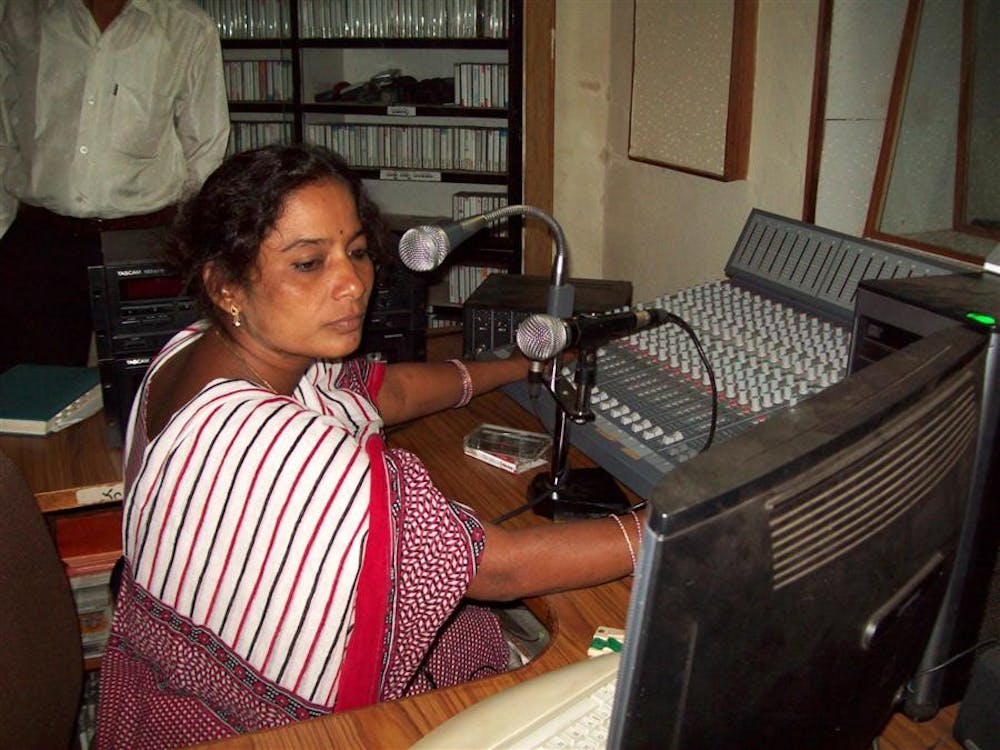HYDERADBAD, India - A few weeks ago, former president Clinton spoke about how it’s a mistake to give food aid only in times of national disaster rather than promote food production and self-reliance among impoverished regions as crisis prevention.
This theme is common as organic farming and bio-diverse food production become more rare.
In India, the people who fall below the poverty line need more than temporary solutions of soup kitchens, village pantries and homeless shelters. People need water purification, health care, education and transportation systems.
Often, the basic infrastructures we take for granted in the U.S. are lacking in rural parts of India.
A number of nonprofits have sprung up to combat these issues. Of the NGOs I’ve visited while in India, the Deccan Development Society is one of the most effective at what it does.
The organization works primarily with dalit women, who are among the most impoverished people in India.
Dalit is a term which refers to the previously titled “untouchable” caste within the now outlawed caste system. These women have previously been unable to care for and sustain themselves because of issues such as social stigma, abuse and illiteracy.
The Deccan Development Society began by introducing autonomous food production. The women involved control seeds and storage in several localized food banks.
The women’s control of the seeds is empowering because it grants autonomy from larger government systems.
These localized seed banks support biodiversity which enables freedom from genetically modified, identical seeds that the government generally sells to localized farmers.
Rather than selling these seeds, the women involved with the DDS are able to lend out seeds in return for more seeds after the harvest, thereby growing their food banks.
In addition to food banks, the DDS created a green school for kids who had previously dropped out of school. It teaches both academics and skills such as pottery, sewing and herbal remedies.
Spreading the knowledge of natural health care solutions allows students to take care of themselves and save money on doctor visits.
The women involved also keep knowledge of health care, birthing methods and veterinary care in order to help people for free when possible.
After creating this autonomy and control in food production and health care, the women involved in DDS have taken to spreading awareness about rural life and triumphing over poverty.
They created an independent women’s radio station which is the first of its kind. Additionally, women have taken film classes and made all of the videos and advertisements for the DDS.
One woman said that this enables them to show exactly what they want, because outsiders might misrepresent them. They wanted to be in control of what was being shown about them and their way of life.
This is brilliant, although it did make me feel a bit guilty about writing the column, despite my good intentions.
The DDS is all about giving power back to localized people. And I think this is a direction nonprofits across the globe should take.
Rather than pitying the impoverished and giving handouts, we should ensure that all people are empowered with the ability to sustain themselves and live productive lifestyles.
Empowering India’s impoverished women

Get stories like this in your inbox
Subscribe


